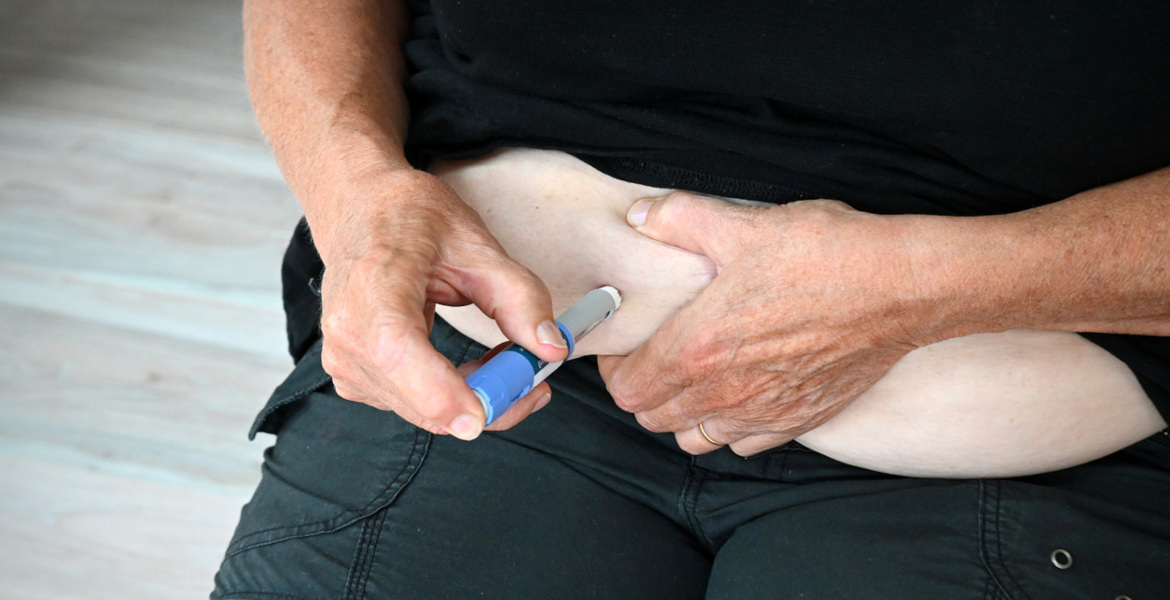In a new study involving Uppsala University and others, researchers will test psychedelic mushrooms on patients. The aim is to see whether the substance, together with therapy, can counteract depression in people who are “in the final stages of life”.
The study, which is the first on the subject to be approved by the EU, will test the substance psilocybin, which is found in these mushrooms, together with therapy as a form of treatment for people at the end of life. Universities from four countries, including Uppsala University, will together collect 100 patients and thus test the treatment on those suffering from MS, Parkinson’s, ALS or chronic obstructive pulmonary disease (COPD).
– Often, patients with serious illnesses also suffer from depression, anxiety and worry and need a lot of resources from the health care system, Inna Feldman, associate professor of health economics at Uppsala University, told Swedish public broadcaster SVT.
– We hope to be able to give people with advanced disease a better end of life with this treatment, she continues.
The substance psilocybin has been shown to be effective against depression in previous smaller studies. For example, a study at Johns Hopkins in the United States showed that patients became free of depression using the substance in combination with therapy.
Expected more resistance
According to Feldman, mental illnesses are currently at the top of the list in terms of social costs, and the hypothesis in the study is that the substance will work quickly and that patients will then not need as much intervention from the healthcare system, which in itself saves money.
Ulf Bremberg, visiting researcher in medicinal chemistry at Uppsala University, who initiated the application for the study, says that previous studies with psilocybin have shown an effect the very next day, unlike antidepressants that can take weeks to work and do not always work on all patients. He believes the treatment could be used in healthcare within a few years, but says the EU’s support was unexpected.
– We had expected greater resistance when we started to introduce research with psychedelic therapy in Sweden. It is an important recognition that the EU has now funded this research, says Bremberg.
In July last year, Australia became the first country to officially authorise MDMA and psilocybin as medicines.
Facts: MDMA and psilocybin
Psilocybin is a substance found, among other things, in mushrooms of the genus Psilocybin that induces so-called psychedelic states of consciousness. Thoughts, feelings and perceptions are greatly altered in a way that is often described as a spiritual experience. The substance belongs to what are known as enteogens, the traditional natural medicines with hallucinogenic properties used in psychotherapeutic and shamanistic contexts. In the West, it has received widespread attention in recent years for its potential healing effects, while also warning that careless use is very risky and can cause both panic attacks and psychotic episodes.
MDMA (methylenedioxymethamphetamine) is a central stimulant introduced in the early 1900s and originally used as a diet drug. It is the psychoactive substance in the party drug known as 'ecstacy', although in practice it is often a mixture of several different substances. MDMA affects the nervous system and, like psilocybin, can induce psychedelic states of consciousness. The substance is classified as an empathogen, which affects the state of mind rather than perception. It releases serotonin in the brain and usually induces strong euphoria and alertness, but can also cause hyperactivity, anxiety and reduced self-control. Like psilocybin, it has attracted attention for its potential medicinal effects, although it is also warned that careless use is very dangerous. Among other things, it can cause neurotoxic damage with symptoms such as prolonged anxiety, fatigue, difficulty sleeping and depression.








